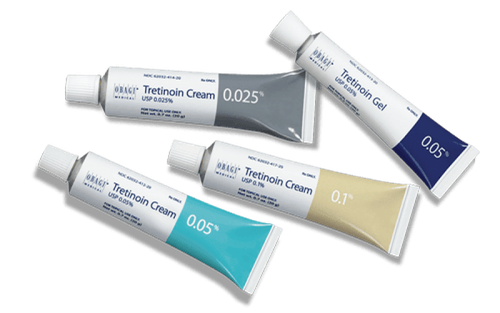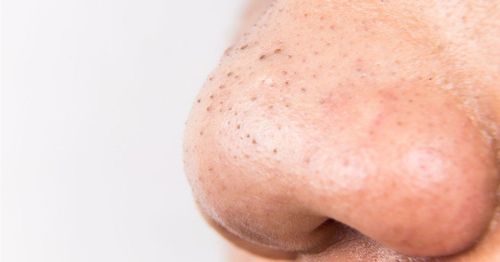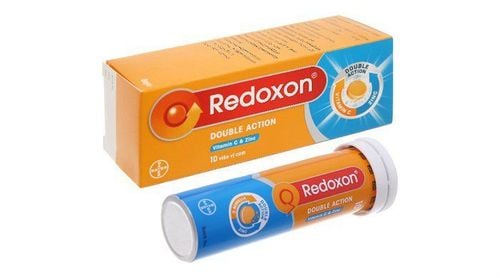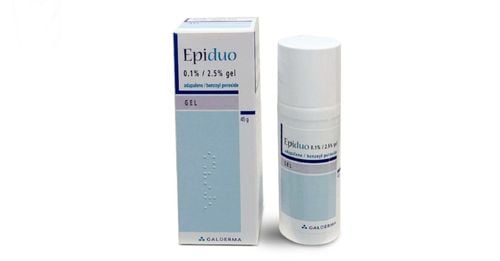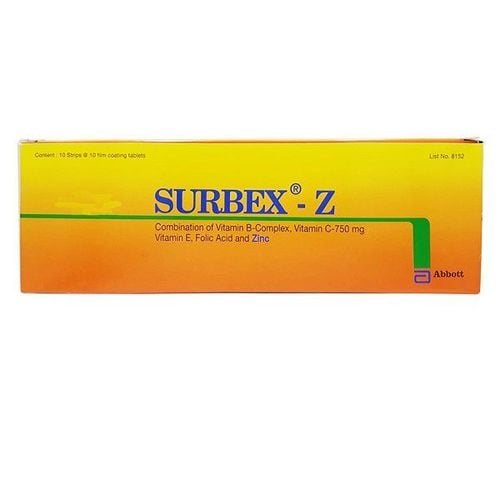Niacinamide, also known as vitamin B3 and nicotinamide, is a water-soluble vitamin that works with the natural substances in your skin to visibly minimize enlarged pores, tighten loose pores, improve uneven skin tone, soften wrinkles, reduce dark spots, and strengthen a compromised skin barrier. This article provides detailed information on the effects of Niacinamide on your skin.
1. What is Niacinamide?
Niacinamide is a skincare ingredient worth your attention, and your skin will thank you for using it. Among other excellent skincare ingredients like retinol and vitamin C, niacinamide stands out because of its versatility for most skin types and skincare concerns.
Niacinamide, also known as vitamin B3 and nicotinamide, is a water-soluble vitamin that works with the natural substances in your skin to visibly minimize enlarged pores, tighten loose pores, improve uneven skin tone, soften wrinkles, reduce dark spots, and strengthen a compromised skin barrier.
Niacinamide also reduces the impact of environmental damage due to its ability to improve the skin's protective barrier (its first line of defense). Additionally, it plays a role in helping the skin recover from past damage signs. If left unaddressed, these daily skin damages can lead to aging, dullness, and a lack of radiance.
2. Why Should You Use Niacinamide?
With the information that has been gathered, scientists are highly impressed with all that niacinamide can do for the skin when applied through skincare products such as toners, serums, and treatment methods. Niacinamide is uniquely compatible with any product in your skincare regimen, including those containing retinol, peptides, hyaluronic acid, AHA, BHA, vitamin C, and all types of antioxidants.
You can use several products containing niacinamide in your routine without causing sensitivity, as this clever B vitamin is well-tolerated by all skin types. It is even suitable for people with sensitive skin or those prone to rosacea.
Other helpful benefits of niacinamide include its ability to refresh and restore the skin surface against moisture loss and dehydration by improving the skin's natural ceramide production. When ceramides are depleted over time, the skin becomes more vulnerable to various issues, ranging from stubborn dry patches and flaking to increased sensitivity.
If you struggle with dry skin, applying topical niacinamide has been shown to enhance the moisturizing effects of your moisturizer, allowing the skin surface to better combat moisture loss and reduce the recurrence of dry, tight, flaky skin. Niacinamide works effectively with common moisturizing ingredients like glycerin, fragrance-free plant oils, cholesterol, sodium PCA, and sodium hyaluronate.

The effect of niacinamide in tightening pores is still not fully understood. Simply put, research has yet to fully explain how this B vitamin works, but it is effective! It appears that niacinamide has the ability to normalize the epithelial layer of the pores, and this effect plays a role in preventing debris accumulation, which can lead to obstruction and a rough, uneven skin texture. As obstructions form and worsen, the pores will dilate to compensate, resulting in visibly enlarged pores. Niacinamide aids in restoring balance, which helps pores return to their normal size. Sun damage can also cause pores to become enlarged, leading to what some people describe as "orange peel" skin. Higher concentrations of niacinamide may significantly help tighten pores by boosting factors that support the skin.
3. How to Use Niacinamide
Using niacinamide is quite simple. You can easily find excellent skincare products that contain it along with other beneficial ingredients like antioxidants, skin-repairing agents, and additional skin-enhancing components.
This multi-ingredient skincare approach is important because while niacinamide is great for the skin, it's not the only ingredient your skin needs to look its best. Think of it like your diet — as healthy as kale is, if kale is all you eat, you'll soon become malnourished because your body needs more than one type of healthy food to sustain itself. The same is true for your skin, the largest (and most exposed) organ on your body!
For best results, use niacinamide-containing products and apply them to cleansed skin twice a day. This means applying a niacinamide toner right after cleansing to hydrate and nourish the skin. You can use Niacinamide Booster 10% (like a serum) on its own or mix it into your favorite moisturizer, depending on your personal preference. Those with concerns about sun damage, uneven texture, enlarged pores, and oil-related breakouts may want to try a high-potency 20% niacinamide serum once or twice per day. Experiment to see what works best for your skin!

You can also use products containing niacinamide around the eyes. Some people find that applying a moisturizer or eye cream with niacinamide helps improve the appearance of dark circles, reduces crow's feet, and helps the delicate skin in this area retain moisture, smoothing the skin and preventing loss of firmness.
There’s no reason to wait any longer to add niacinamide to your skincare routine. This versatile B vitamin offers numerous on-the-spot benefits to improve the appearance of your skin, making it look more even, brighter, and youthful. As with any great skincare ingredient, it’s important to be diligent about daily sun protection with a broad-spectrum sunscreen rated SPF 30 or higher. This allows you to reap the maximum benefits from niacinamide and other proven skin protectants.
Reference source: paulaschoice.com
To arrange an appointment, please call HOTLINE or make your reservation directly HERE. You may also download the MyVinmec app to schedule appointments faster and manage your reservations more conveniently.
